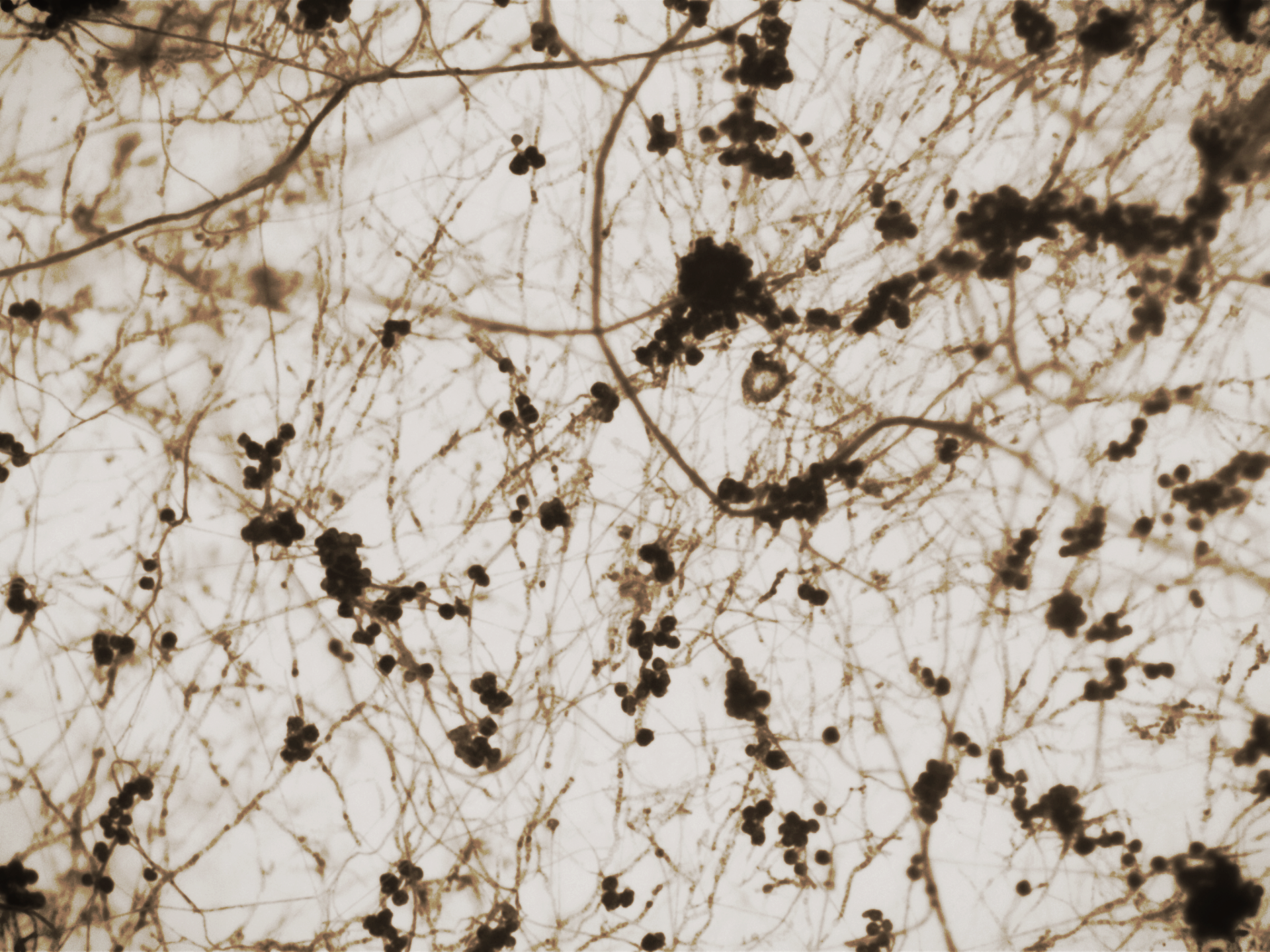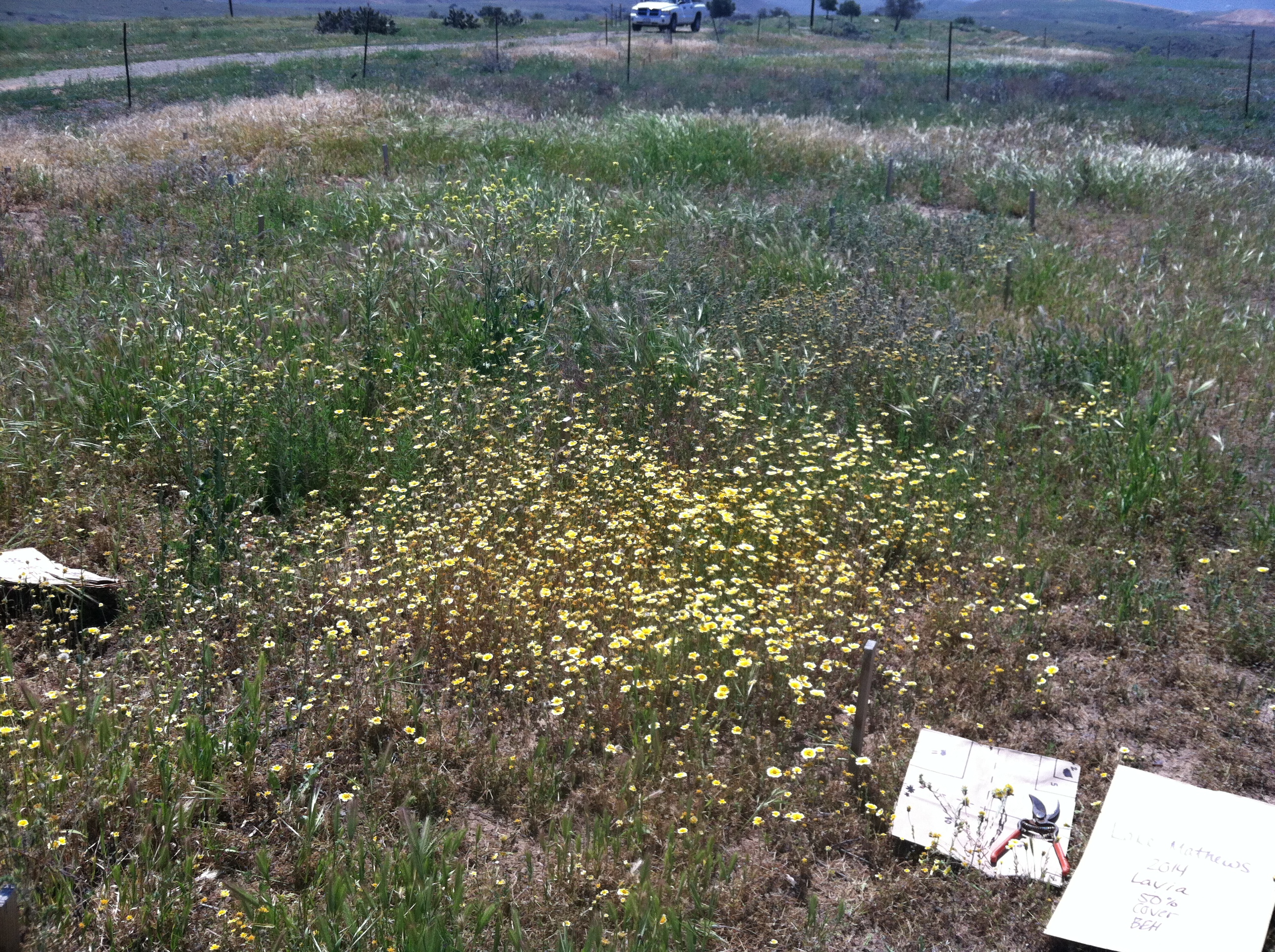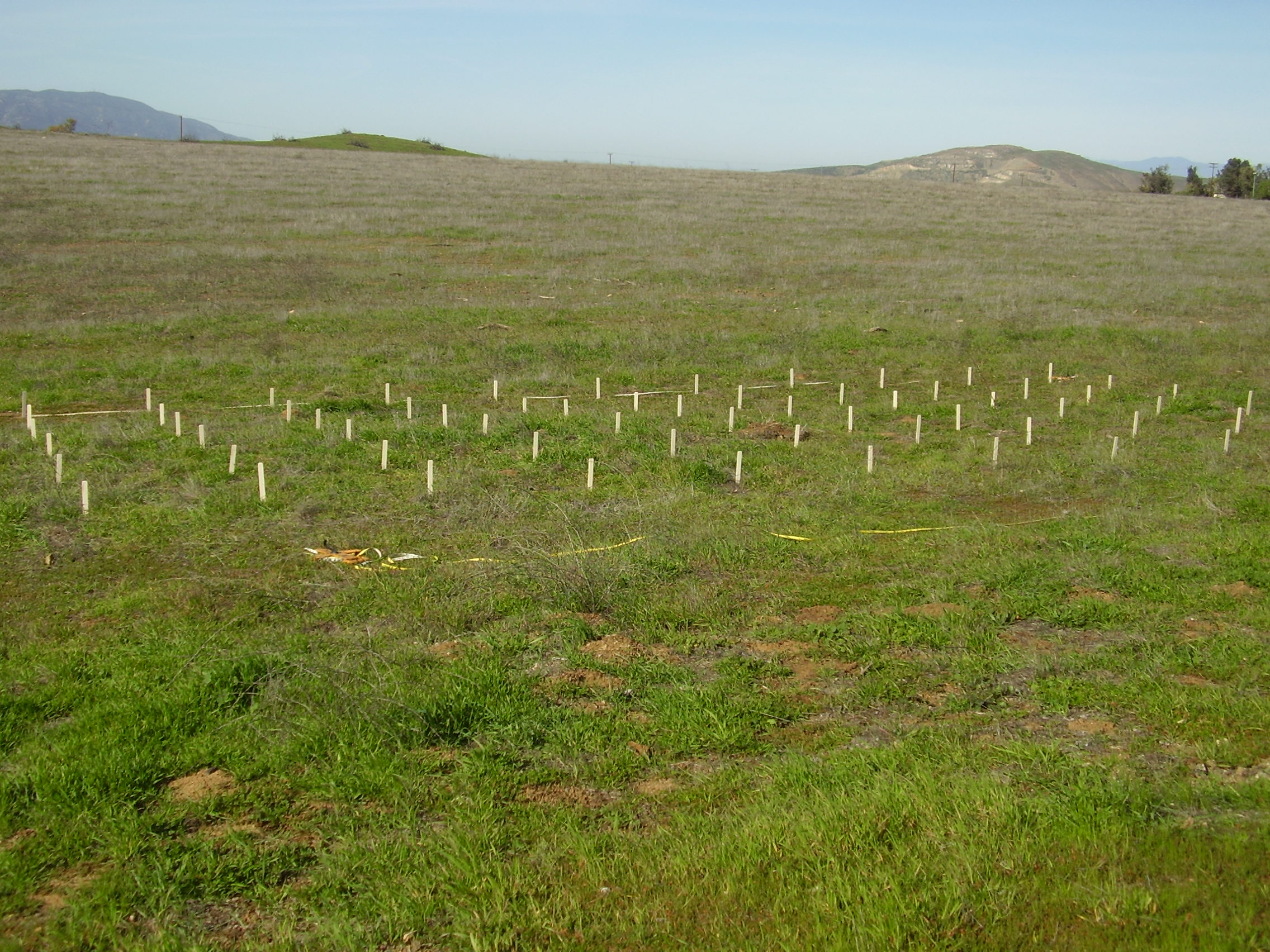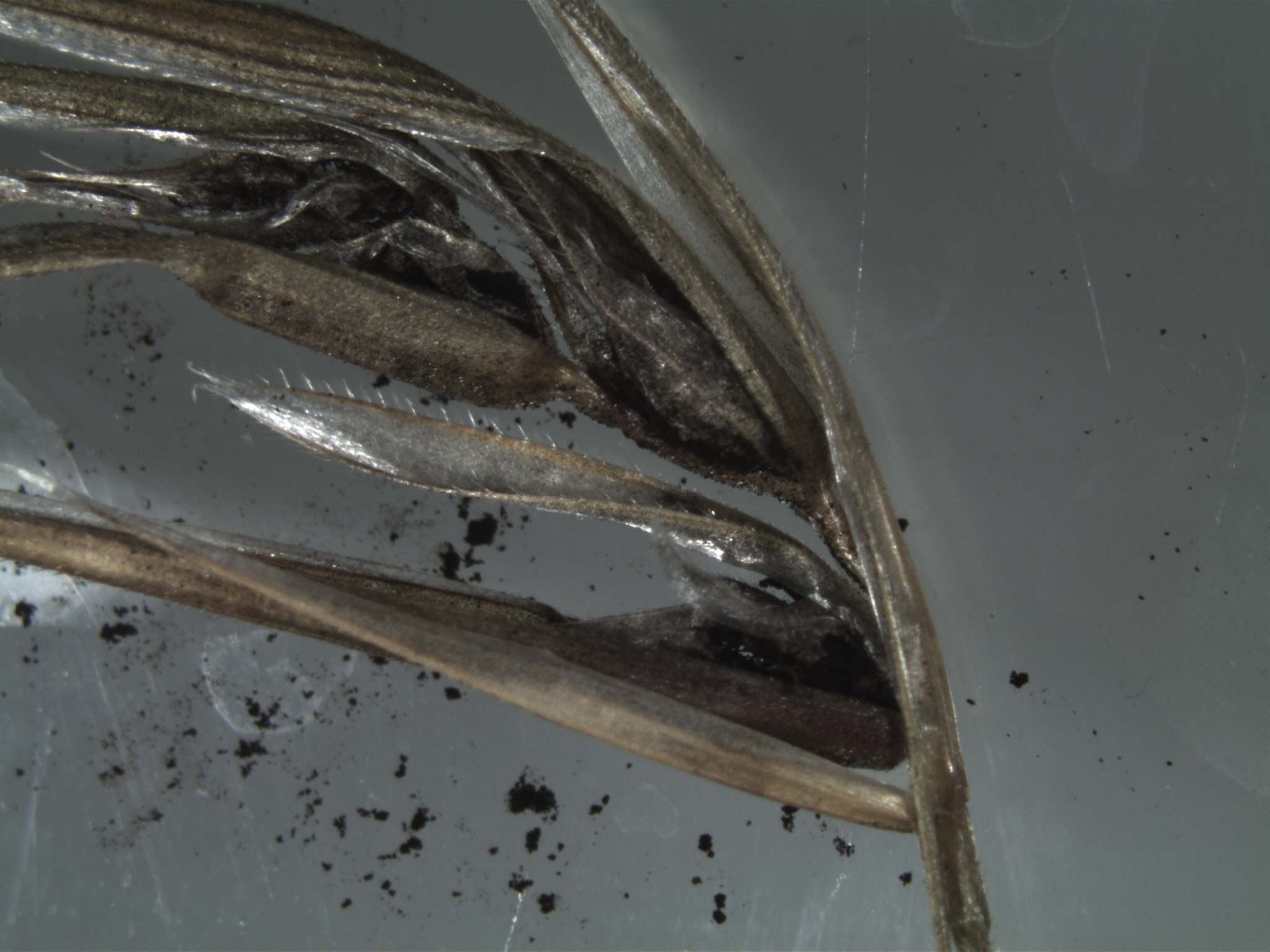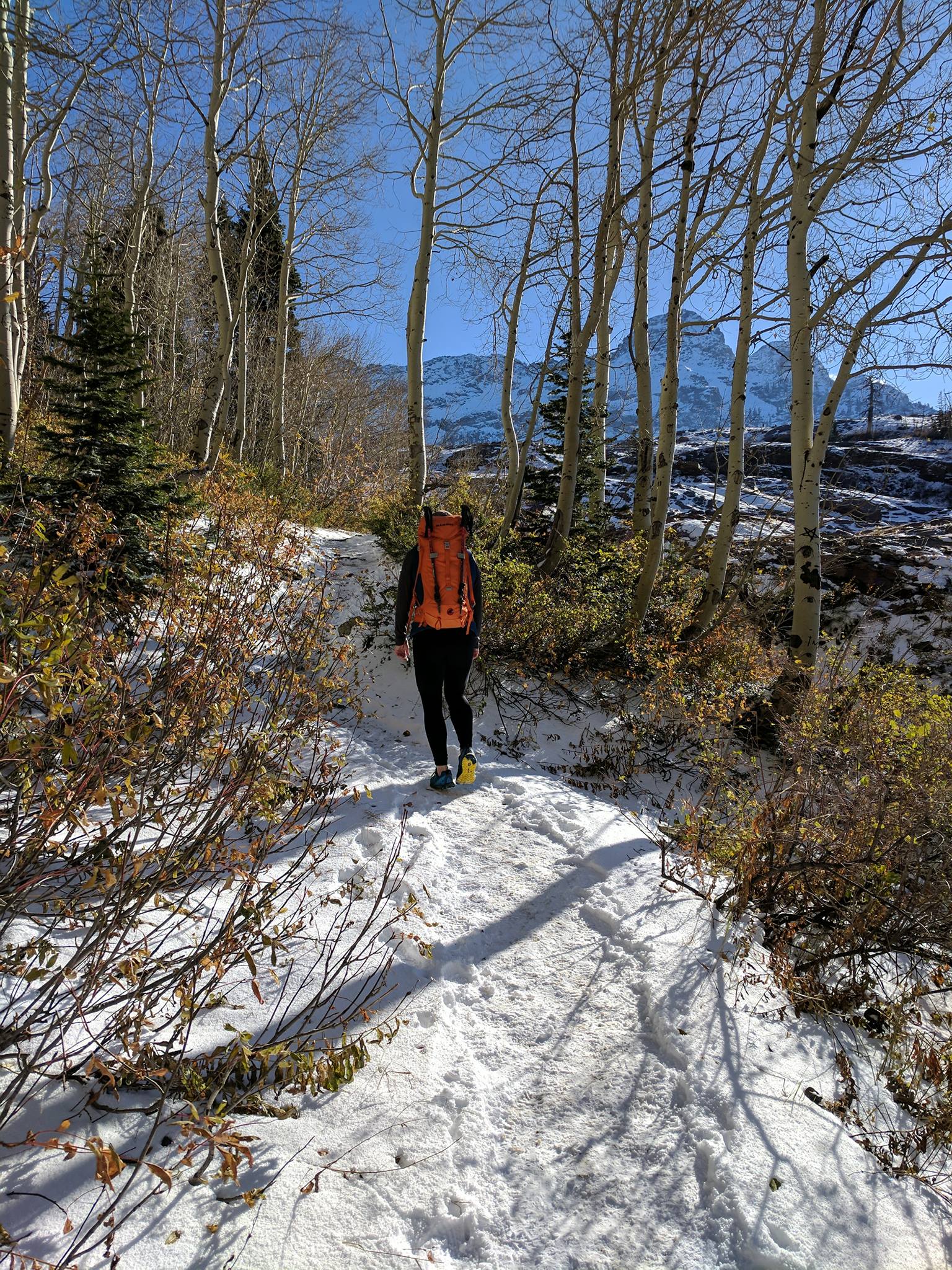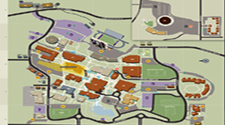Dr. Bridget E. Hilbig

Education
Contact Information
Email:
Phone:
Office Location:
Tracy Hall Science Center (TY)
Room 415
Teaching Philosophy & Focus
I believe that people learn best when the process begins with basic curiosity and is followed by interactive, inquiry-based learning. The power of this approach to teaching and learning lies in its potential to increase intellectual engagement and promote a deeper understanding through hands-on investigation. It challenges students’ preconceptions while demonstrating the process and nature of science. To achieve this goal, I incorporate inquiry-based activity whenever possible. I strive to make my lectures engaging through incorporating activities such as think/pair/share, concept mapping, and demonstrations. For each activity, I identify questions that encourage critical thinking and that cannot be answered by simply recalling facts.
Courses Taught
BTNY 1203 - Plant Biology
BTNY 1403 – Principles of Environmental Science
BTNY 2114 - Evolutionary Survey of Plants
BTNY 3214 - Soils
BTNY 3504 - Mycology
BTNY 4750 – Plant Pathology
HNRS 2040- Food and Water for a Hungry World
Search Catalog For Course Details
Research Areas of Interest
My research and teaching interests are broadly focused on the ecology of mycorrhizas. My research has focused on the impacts of anthropogenic climate change on mycorrhizal dynamics and understanding feedbacks in above- and below-ground biodiversity.
Specific Projects
Impacts of Fire and Anthropogenic Nitrogen on Mycorrhizal Fungi and Carbon Sequestration (ongoing):
For the first time in Earth’s history we are witnessing high levels of atmospheric carbon (C) coupled with high levels of anthropogenic nitrogen (N) deposition. Anthropogenic N deposition occurs when pollution from power plants, industry, and vehicles in the air deposits into natural environments. The amount of pollution that leads to harmful changes in an ecosystem can be expressed as the critical load (CL) for that pollutant. Mycorrhizal fungi, particularly those of coniferous forests, are sensitive to anthropogenic N deposition. The CL of N for coniferous mycorrhizal fungi is estimated at 5 kg N ha -1 yr -1 , a value many ecosystems are in exceedance of.
However, we do not yet know how mycorrhizal fungal communities are responding to anthropogenic N, and if/how this will impact the C stoichiometry of a system. This is a particularly interesting question for ecosystems recovering from disturbance, such as increased forest fires. Will recovery lead to a forest that is a large C sink, as they were prior, or one in which C is in dynamic equilibrium with the atmosphere?
Like anthropogenic N deposition, fire reduces the diversity and richness of mycorrhizal fungi, taking up to 15 years to recover. It remains unknown how the mycorrhizal community will recover after fire in areas in exceedance of the CL of N for mycorrhizas. As these communities play a huge role in diversity and succession of plants, they can determine the direction of C stoichiometry, thus forests’ mitigating effects of climate change.
This study will address the following question:
How does mycorrhizal fungi species diversity and total soil C respond to forest fires in areas below and above the CL of N for mycorrhizae?
Sites to Share
Office hours
Monday - Friday
8:30 a.m. - 4:30 p.m.
Room TY424, Mail Code 2504
Mailing address
Weber State University
Department of Botany
1415 Edvalson St., Dept. 2504
Ogden, UT 84408-2505505
